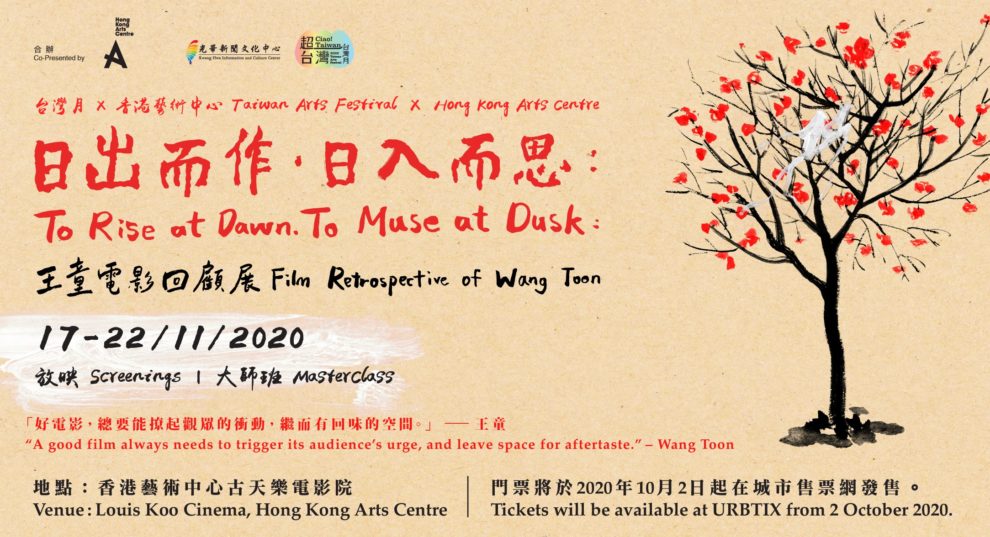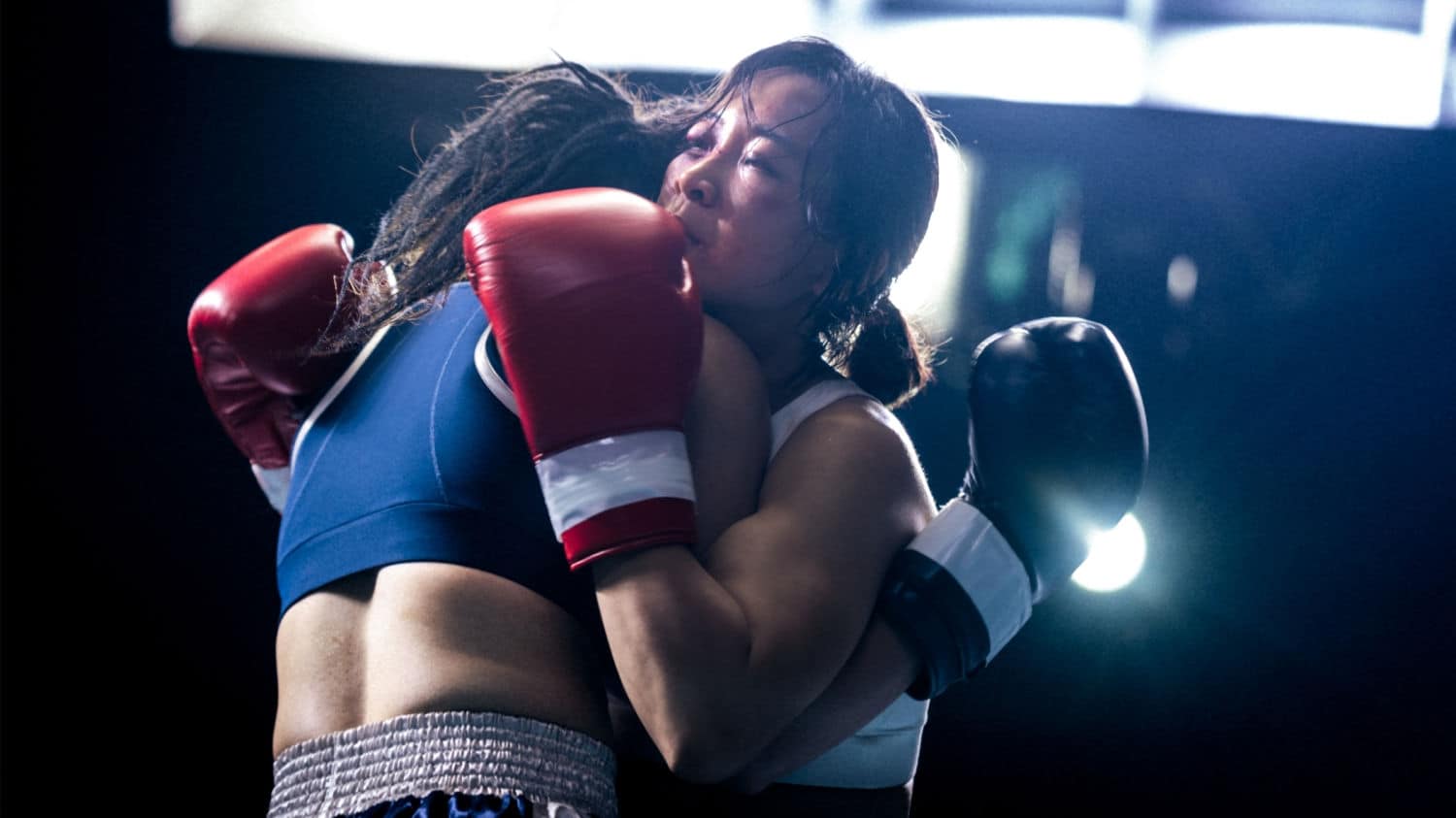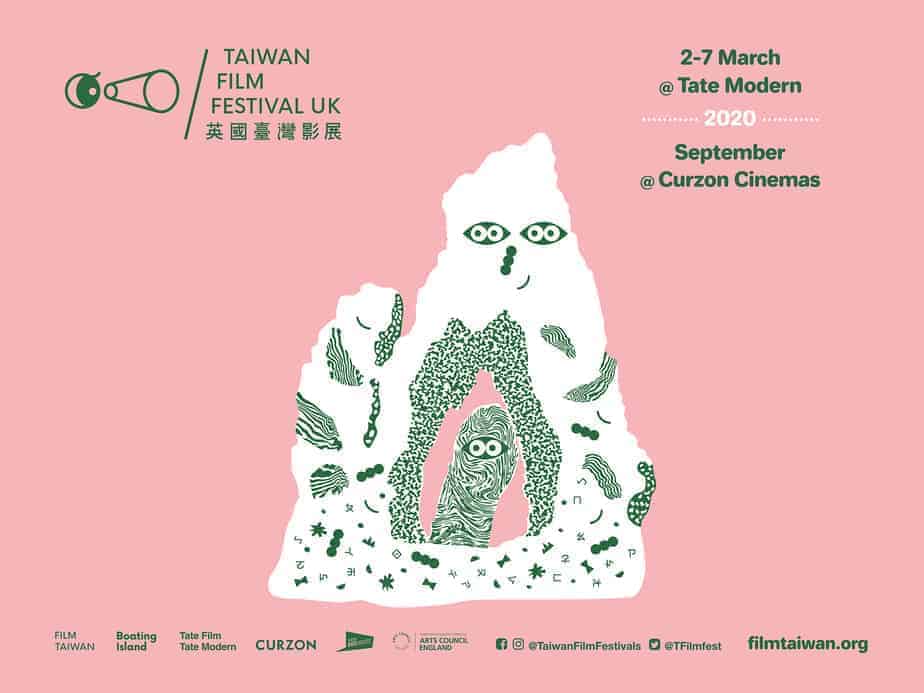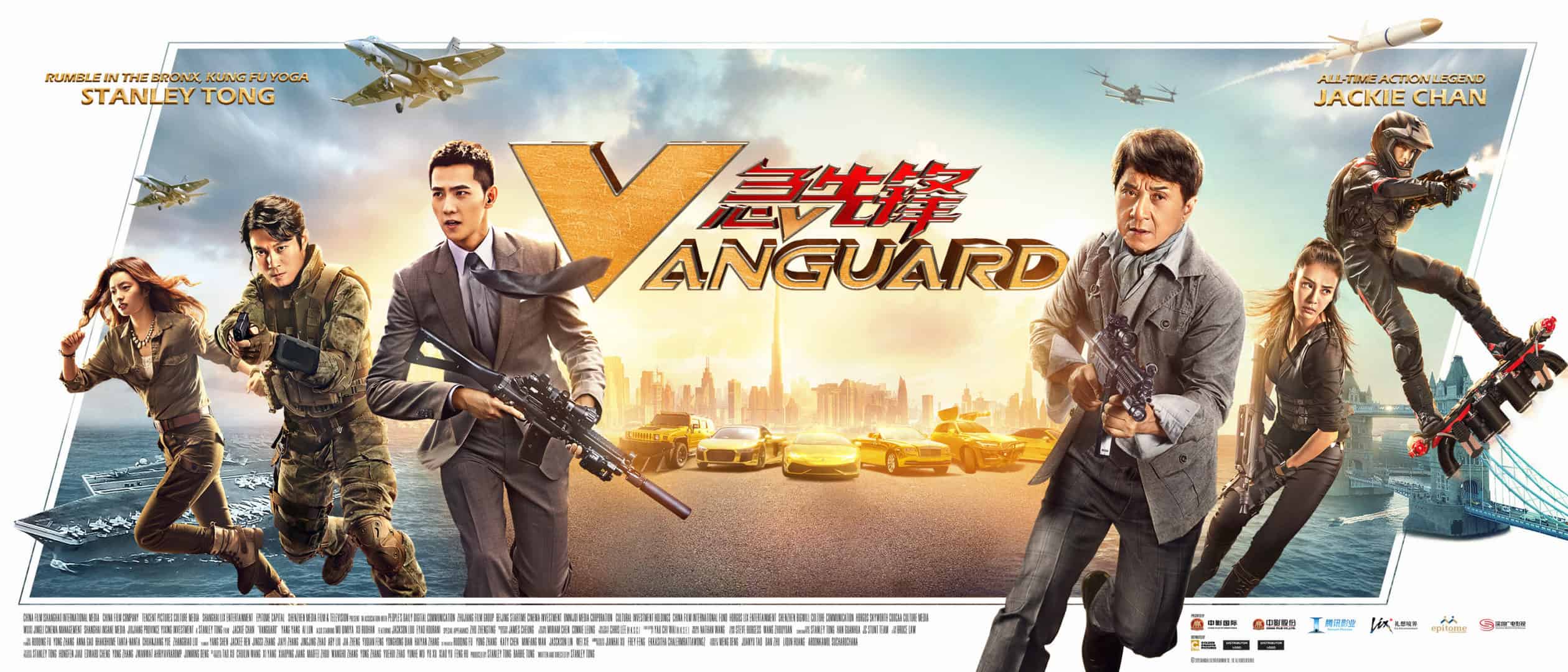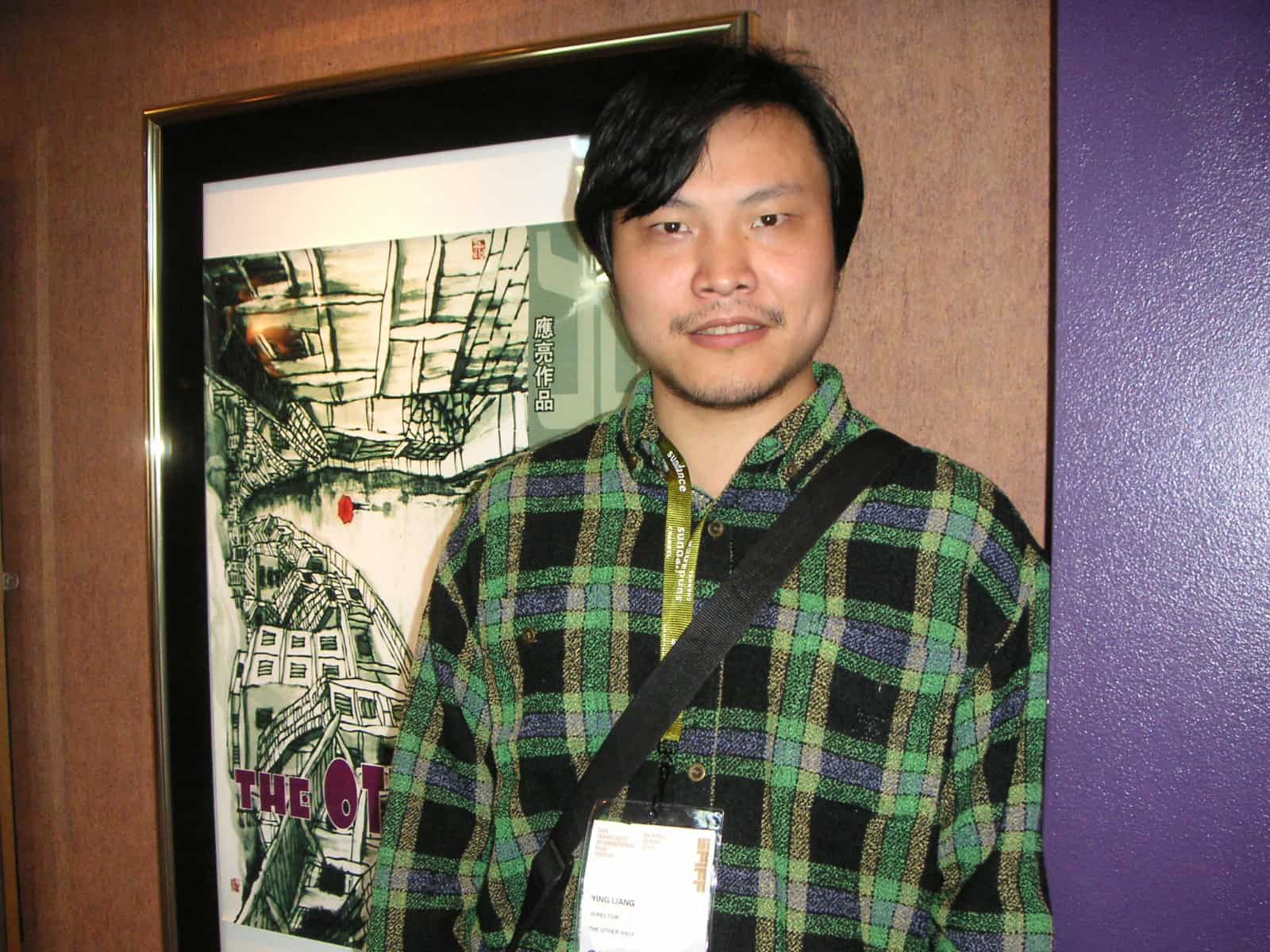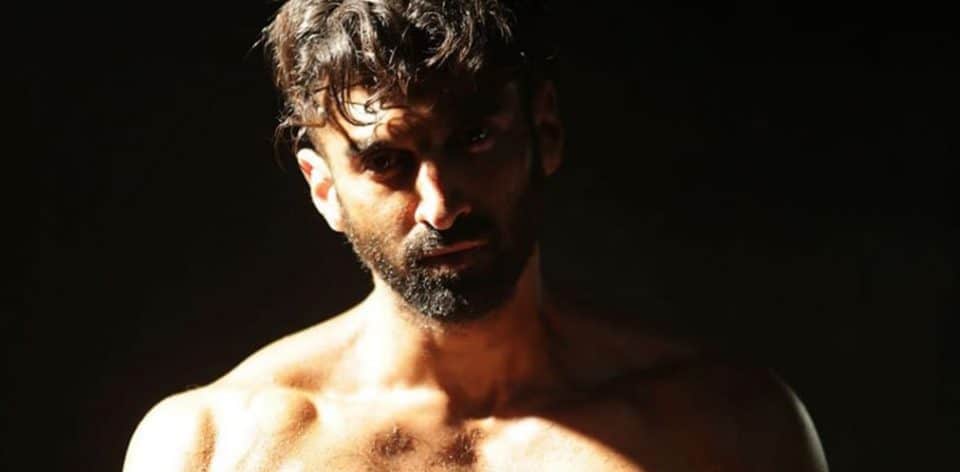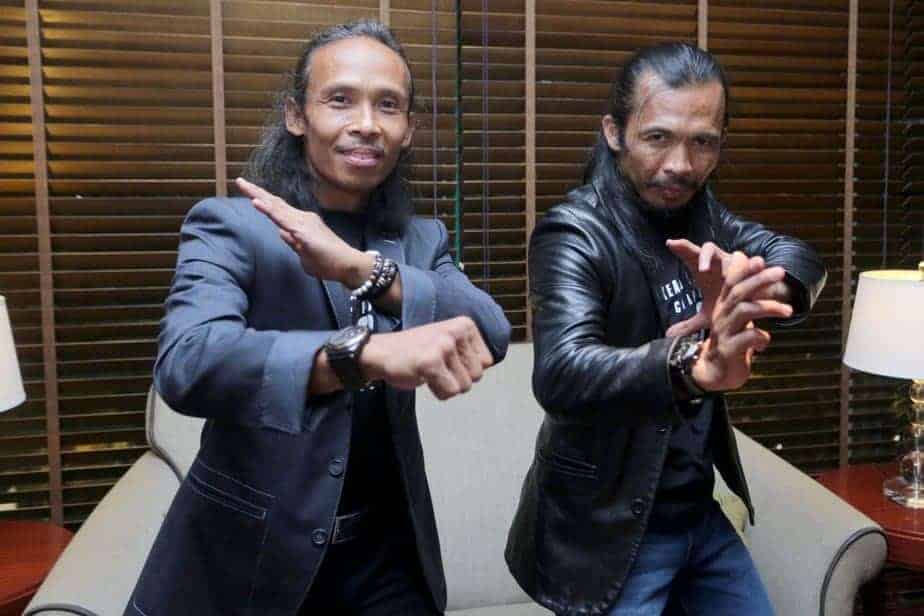Co-Presented by the Hong Kong Arts Centre and Kwang Hwa Information and Culture Center, moving image programme To Rise at Dawn. To Muse at Dusk: Film Retrospective of Wang Toon takes place at the Louis Koo Cinema, Hong Kong Arts Centre from 17 to 22 November 2020. Taiwanese filmmaker Wang Toon is one of the pioneers of the New Taiwanese Cinema movement. Having participated in numerous major film festivals and won countless awards, his works have won popular appeal and critical acclaims. He was honoured by the National Awards for Arts from the National Culture and Arts Foundation of Taiwan and a Lifetime Achievement Award from the Golden Horse Film Awards, for which he was jury president in 2019. With great cultural and artistic depth and richness, his work witnesses the tumultuous history of modern Taiwan. He honours the humanity and integrity of ordinary lives that strive in difficult times, and brought their stories to new dimensions. This is Hong Kong's first retrospective of Wang Toon, and presents seven of his directorial classics. He will also visit Hong Kong to meet the audience. (For further details on Wang, please see attached “About Wang Toon and Filmography”.)
Connie Lam, Executive Director of the Hong Kong Arts Centre remarked, “We hope this programme can give an overview of Director Wang's work. His films are hidden gems that should be shared by many, and this aligns with the Arts Centre's objective of presenting the best of contemporary arts and artists. I hope this retrospective can fill in the gaps of what has been missing in the mind of our audience towards Taiwanese history and culture, and take you all on an extraordinary journey to explore this archipelago of constant transformation.”
Breaking away from the practice of applying fantastical elements in martial arts films, Run Away's realistic style has stunned many and Wang Toon was coined “Taiwanese Kurosawa Akira” for the film. It is the debut of master cinematographer Mark Lee Ping-bing, and scripted by director Tsai Ming-liang and writer Hsiao Yeh. The story is set in the era of the Five Dynasties and Ten Kingdoms, which is successively ruled by corrupt and inefficient rulers and officials who pride themselves on the lack of morality. With years of famine, the poor and helpless civilians are turned into bandits and criminals. The most well-known work of Wang is the “Trilogy of Modern Taiwan”, including his classics Strawman, Banana Paradise and Hill of No Return. The Trilogy renders the history and sentiments of common modern Taiwanese, and are important filmic works of Taiwanese ruralist traditions. Both Strawman and Hill of No Return won Best Feature Film and Best Director at the Golden Horse Awards. Strawman is again shot by Mark Lee. This parody portrays how Taiwanese had to compromise their dignity to stay alive during the last years of the Japanese occupation. It is a tale of how innocent and destitute farmers survive their desperate circumstances during the Pacific War. Banana Paradise is based on a real life story. It criticises the tyranny of the Kuomintang government as the martial law fades away. With dark humour, it accuses the absurdity and brutality of war, and embraces the bewilderment and embarrassment of mainlanders who are trying to get used to a new life in Taiwan. Hill of No Return is scripted by veteran filmmaker and writer Wu Nien-jen. The film won six awards at the Golden Horse Awards. It portrays the ordinary Taiwanese who lived a humiliating life during the Japanese occupation. Between hope and despair, these innocent, disheartened and anguish souls are forced to surrender their dignity to struggle for survival. The story of Red Persimmon is based on Wang's childhood, the film is a loving recollection of how a family secure a living and paves for a future while overcoming the hardships caused by the Chinese Civil War. Tao Su was nominated for Best Leading Actress at the Golden Horse Awards for her excellent performance as the magnetic grandmother – one can love and hate the character, but she is just too full of charm. A Way We Go is a change of Wang's works from the usual ruralist themes to a contemporary tragicomedy. The film scrutinises the distinct values of two generations of Taiwanese in a time of social transformation, and describes people's sense of displacement and awkwardness as they try to get accustomed to a new age. A Way We Go is the contemporary version of Run Away. Short film The Ritualwas selected by the Panorama Section of Berlin International Film Festival. Recalling the “Trilogy of Modern Taiwan”, Wang has a pair of brothers as his protagonists again, and they have gone up a hill to make a wish. With five years of pre-production preparation, Where the Wind Settles is a historical romance epic with breathtaking scenes and spectacular mise-en-scène. Trained in art direction and faithful to his period set, Wang borrowed a ship as a prop from the Ministry of Defence, and drew the storyboard by himself. Sets of houses from the 1940s and 1950s, and Guling Street were rebuilt for this film.
Audience members are welcomed to join the “Masterclass with Wang Toon”. Wang will share his experience and philosophy in filmmaking with Hong Kong audiences.
Masterclass with Wang Toon
Date: 22/11/2020 (Sun) | Time: 5pm
Venue: Louis Koo Cinema, HKAC
Moderator: Cecilia Wong Lai-ming
Guest: Wang Toon
Language: Conducted in Mandarin
Having been honoured with Best Film, Best Director, Best Art Direction, Best Costume Design and a Lifetime Achievement Award by the Taipei Golden Horse Awards, Wang Toon is an important member of the New Taiwanese Cinema movement. He is also an authoritative and accomplished figure in the film scene of Taiwan. His works are known for their style of potent realism, deep historical roots and all-round artistic dexterity. They always bring out people's humanity in tragedies, and their helplessness in absurd conditions. Wang will attend his first film retrospective in Hong Kong, and chat with Hong Kong audiences in a masterclass. This is a rare chance that is not to be missed!
To Rise at Dawn. To Muse at Dusk: Film Retrospective of Wang Toon
A Way We Go
Nominated for Best Supporting Actor and Best Original Film Song, Golden Horse Award 2001
Jeonju International Film Festival 2002
Changchun Film Festival 2002
Yearning for freedom but not knowing where to go
Date & Time: 17/11/2020 (Tue) 7:30pm*
* Veteran film critic Ka Ming will attend the after-screening talk. Conducted in Cantonese.
Taiwan | 2001 | 132 mins | In Mandarin and Taiwanese with Chinese and English subtitles | DCP | Colour
Wang Toon takes a turn from his usual ruralist themes to make a contemporary tragicomedy. The film scrutinises the distinct values of two generations of Taiwanese in a time of social transformation, and describes people's sense of displacement and awkwardness as they try to get accustomed to a new age. A Long has been leading a traditional Chinese music troupe for 40 years, but its members quit one after another, and A Long is not quite sure of how to continue the group. His older son, A Hui, aimlessly hangs around with his welder pal, A Gou, all day. His polio ridden younger son, A Ming, is a cynical teenager. It has been said that the two doors, drawn with guardian gods, are of high value, so A Gou steals the doors and sells them to the black market. Later, A Gou offends his boss when he gets seduced by the boss's wife. While A Gou is being wanted by different people, A Hui and A Ming also get caught up in his troubles. Meanwhile, A Long's family wins the lottery, but the cash prize has been replaced by air tickets, so the family visits New York, where they meet the god of liberty and the god of guardianship.
Written by the famous Taiwanese playwright Chi Wei-jan, A Way We Go is the contemporary version of Run Away. The two films tell stories of people that are trapped by their circumstances, but the new version's characters wear suits and not robes, and Wang Toon already turned from aged forty to sixty.
Trilogy of Modern Taiwan
Dubbed the “Trilogy of Modern Taiwan”, Wang Toon's masterpieces Strawman (1987), Banana Paradise (1989) and Hill of No Return (1992), render the history and sentiments of common modern Taiwanese, and are important filmic works of Taiwanese ruralist traditions. The stories begin from the Taisho period, the start of Japan's colonisation of Taiwan, until the time of white terror after the Kuomintang's (the Nationalists') takeover of the islands and later days. These three different portraits of lives are an overview of modern Taiwan. The director adopts parody and satire to illuminate the tragedies and absurdities of those turbulent times. Wang has mentioned, “A filmmaker, author or a painter that doesn't get close to one's homeland has no life. I'm Taiwanese and I have to film my own things. Taiwan has its own history of tragedies, and these subjects are alive and kicking, so I made the Trilogy.”
Strawman
Won Best Feature Film, Best Director, Best Original Screenplay, and nominated for Best Supporting Actor, Best Supporting Actress, Best Art Direction, Best Sound Effects and Best Cinematography, Golden Horse Awards 1987
Best Feature Film and Best Supporting Actor, Asia Pacific Film Festival 1988
Best Screenplay and Best Editing, Bogota Film Festival 1990
Wearing the same clothes everyday
Dreaming the same dream
Waiting for the same tomorrow
Date & Time: 19/11/2020 (Thu) 7:30pm *
*Dr. Timmy Chen will attend the after-screening talk. Conducted in Mandarin.
Taiwan | 1987 | 94 mins | In Mandarin, Taiwanese and Japanese with Chinese and English subtitles | DCP | Colour
This parody portrays how Taiwanese had to compromise their dignity to stay alive during the last days of the Japanese occupation. A Fa and Big Mouth are poor tenant farmers. The harvest is bad. Cattle were taken away as levy. They also need to take care of their old and deaf mother, a mentally unstable sister, whose husband died in action, and a group of children. One day, the landlord returns to the village, intending to sell the land to a sugar factory. As the brothers worry about their livelihood, a large unexploded bomb falls onto their farmland. While the villagers are scared out of their wit, the village patrol and the brothers gleefully carry the bomb to the Japanese police as “a gift for the Emperor of Japan”, but his reaction is far from what they wished for…
The script is inspired by anti-war drama The 25th Hour (La Vingt-Cinquième Heure, 1967) and comedic satire The Gods Must Be Crazy (1980), and shot by master cinematographer Mark Lee Ping-bing. It is a tale of how innocent and destitute farmers survive their desperate circumstances, and their modest but persistent hope for the basic necessities of life.
Banana Paradise
Won Best Supporting Actor, and nominated for Best Feature Film, Best Leading Actor, Best Original Screenplay, Best Makeup and Costume Design and Best Sound Effects, Golden Horse Awards 1989
To live with a borrowed life
Date & Time: 20/11/2020 (Fri) 7:30pm*
*Veteran film critic Cheng Chuen-wai will attend the after-screening talk. Conducted in Cantonese.
Taiwan | 1989 | 145 mins | In Mandarin with Chinese and English subtitles | DCP | Colour
During the Chinese Civil War, brotherly friends Door Latch and Te-sheng fake their identities and retreat to Taiwan with the Kuomintang (the Nationalists). The new land, though abundant with bananas, is no paradise. Threatened by white terror, people hide their true selves to readily dodge unexpected and unfortunate happenings. But the two brothers are misidentified as communist spies, and are captured and tortured. Door Latch meets a widow Yueh-hsiang and her baby son Yao-hua, then pretends to be the deceased husband to live with them. Te-sheng has mentally broken down, so Door Latch and his new family take care of him, trying to forge a stable life in a volatile time. When travel restrictions are lifted across the straits, to surprise his father, Yao-hua travels to Shandong to find his grandfather clandestinely, takes him to Hong Kong, and calls his parents to visit the city to meet. The secrets of Door Latch and Yueh-hsiang are about to break out, and are even more shocking and melancholic than anticipated…
The story is based on the true story of an officer of the China Daily News, and is scripted by director Wang Shao-di and screenwriter Song Hong, the film criticises the tyranny of the Kuomintang government as the martial law fades away. With dark humour, it accuses the absurdity and brutality of war, and embraces the bewilderment and embarrassment of mainlanders who are trying to get used to a new life in Taiwan. It also shows the empathy, courage and tolerance of people who survive together.
Hill of No Return
Won Best Feature Film, Best Director, Best Original Screenplay, Best Art Direction, Best Makeup and Costume Design and Audience Choice Award, and nominated for Best Leading Actress, Best Supporting Actor, Best Supporting Actress, Best Cinematography and Best Sound Effects, Golden Horse Awards 1992
Jury Prize, China Times Express Film Awards 1992
Best Screenplay and Best Art Direction, Asia Pacific Film Festival 1993
Best Leading Actress and Special Jury Award, Singapore International Film Festival 1993
Golden Goblet Awards (Best Feature Film), Shanghai International Film Festival 1993
Everyone has their own life
Life and death are ruled by destiny
Date & Time: 21/11/2020 (Sat) 2:30pm*
*Professor Lee Daw-ming will attend the after-screening talk. Conducted in Mandarin.
Taiwan | 1992 | 168 mins | In Taiwanese and Japanese with Chinese and English subtitles | DCP | Colour
When Japan rules Taiwan in the 1920s, brothers A Chu and A Wei sell themselves to a farm for the money to bury their parents. When they can no longer put up with the exploitation, they escape to Jiufen, a town with a vibrant gold mining industry, for their fortune. But the Japanese-run mines are dark, dangerous and grueling. The brothers are only to be exploited again. As Japanese rule gets harsher, the commoners become more defiant and determined. In this decadent and crime-ridden town among the hills, A Chu falls in love with a widow, A Rou, and A Wei is infatuated with a young prostitute, Fumiko, but life is so harsh that romance is out of the question. Between hope and despair, these innocent, disheartened and anguish souls are forced to surrender their dignity to struggle for survival.
Veteran filmmaker and writer Wu Nien-jen's script depicts the sentiments of that age with vivid intimacy. The film demonstrates a poignant balancing act – while it portrays many characters, it manages to pay respectful and genuine attention to each of these lives without overlooking any of them, making all their stories compelling. Human nature and destiny intertwine in a small town, and unfolds a colonial history of rural Taiwan.
Red Persimmon
Won Best Art Direction and nominated for Best Director and Best Leading Actress, Golden Horse Awards 1996
Grandma, do you still miss the big red persimmon tree?
Date & Time: 21/11/2020 (Sat) 7:30pm*
*Director Ying Liang will attend the after-screening talk. Conducted in Mandarin.
Taiwan | 1995 | 165 mins | In Mandarin with Chinese and English subtitles | DCP | Colour
Based on Wang Toon's childhood, the film is a loving recollection of how a family secure a living and paves for a future while overcoming the hardships caused by the Chinese Civil War. As the Kuomintang (the Nationalists) lose their power in mainland China, a family with a grandmother, a mother, eleven children and their house servants flee from Henan to Taipei. The father, a Kuomintang general, crosses the straits to meet his family, and later gets dismissed and turns into a commoner in Taiwan. As days go by, the fortune of the family diminishes, so the parents work multiple odd jobs to raise the family, and the resilient and versatile grandmother takes care of the children with her talent and wisdom while being their best playmate. The seemingly happy grandmother endures the demands of life with laughs and tears. Her naggy and calculating persona is just one side of her dedicated frugality to maintain the household. Grandmother, who still abides by traditional ways, always misses the persimmon tree in the old backyard in the mainland, but time flows and the scenery has changed.
Tao Su was nominated for Best Leading Actress at the Golden Horse Awards for her excellent performance as the magnetic grandmother – one can love and hate the character, but she is just too full of charm. Taiwanese film critic Tony Lan has described the film, “[Wang Toon's] sympathetic and dignified cinematic sensibilities manifests the Chinese philosophy of survival of coping with the flow of destiny.”
Run Away
Screening with Wang Toon's short film The Ritual
Best Art Direction, Best Makeup and Costume Design and nominated for Best Feature Film, Golden Horse Awards 1985
Best Art Direction and Best Cinematography, Asia Pacific Film Festival 1985
With footprints traversing heaven and earth
Like a soaring eagle, but not finding a habitable tree
Date & Time: 22/11/2020 (Sun) 2:30pm
Taiwan | 1984 | 114 mins | In Mandarin with Chinese and English subtitles | DCP | Colour
The world is in turmoil after the demise of the Tang Dynasty, the era of the Five Dynasties and Ten Kingdoms is successively ruled by corrupt and inefficient rulers and officials who pride themselves on the lack of morality. A horde of bandits loot a village during a famine but without avail. They therefore kidnap Dan Ju, the daughter of the village chief, and threaten the villagers to hand out food within ten days. When the bandits return to the village, they are ambushed and their leader is killed. The leader's foster son Ho Nan escapes, and rapes Dan Ju in rage and locks her up. Dan Ju is infuriated. After spending days and nights of destitution and hardship together, Dan Ju and Nan gradually develop mutual sympathy for each other. Days of torrential rain drives the bandits to a severe shortage of food, so Nan leads his comrades to rob the government silver…
Breaking away from the practice of applying fantastical elements in martial arts films, Wang's realistic style has stunned many and was coined “Taiwanese Kurosawa Akira” for Run Away. His grounded and honest style, meticulously researched costume design, unpretentious martial actions and natural acting re-enact the chaotic time and the complexes of ordinary people. Based on an original story by Chen Yu-hang, this film is scripted by director Tsai Ming-liang and writer Hsiao Yeh, and is the debut of renowned cinematographer Mark Lee Ping-bing.
The Ritual
Opening Film, Taipei Golden Horse Film Festival 2011
Panorama Section, Berlin International Film Festival 2012
Date & Time: 22/11/2020 (Sun) 2:30pm
Taiwan | 2011 | 5 mins | In Mandarin with Chinese and English subtitles | DCP | Colour
Respect heaven and earth. Fear spirits and gods. Recalling the “Trilogy of Modern Taiwan”, Wang Toon has a pair of brothers as his protagonists again, and they have gone up a hill to make a wish…
Where the Wind Settles
Nominated for Golden Goblet Award (Best Feature Film), Shanghai International Film Festival 2015
Tokyo International Film Festival 2015
Date & Time: 22/11/2020 (Sun) 7:30pm*
*Veteran film critic Cecilia Wong and Wang Toon will attend the after-screening talk. Conducted in Mandarin.
Taiwan, China | 2015 | 126 mins | In Mandarin with Chinese and English subtitles | DCP | Colour
A story of the past blowing in the wind
As the flames of the Chinese Civil War rage, a few strangers meet and bond haphazardly by fate. They drift to Taiwan, fall in love, get married, settle down and build their lives. During a battle, Kuomintang (nationalist) army officers Sheng, Fan and Shun run into an orphaned boy with a hearty laughter. Smitten with his joy, the three adopt the boy and name him Feng-hsien, then flee to Taiwan. On their way, they meet sisters Chiu-xiang and Chiu-mei, and the daughter of a local noodles vender, Yu. Among these characters, the older generation control and act on their romantic feelings subtly with a restrained tradition of conduct. As romance comes and goes, passionate feelings are tempered by the hecticness of everyday affairs. When the older generation ponders the distant past, the younger generation imagines a romantic future. Here is a family that is born from war, formed by fate and sealed through years of love, strife and sacrifice.
Wang Toon took five years to prepare for this historical romance epic with breathtaking scenes and spectacular mise-en-scène. Trained in art direction and faithful to his period set, Wang borrowed a ship as a prop from the Ministry of Defence, and drew the storyboard by himself. Sets of houses from the 1940s and 1950s, and Guling Street were rebuilt for this film.


